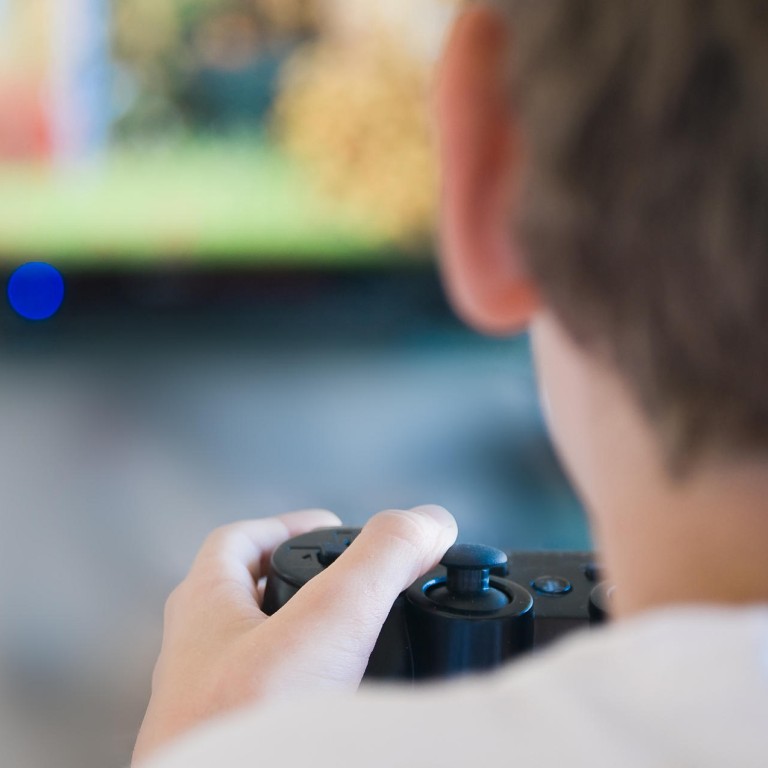
Gaming won't get students A grades
When he was growing up, my son Akhil and I were frequently at loggerheads over the time he spent playing video games.
Although he likes to think that it was a "casual pastime", in his final year of medical school he delighted in informing me that his interest in studying surgery as a postgraduate was reinforced by his professor's belief that he had an inherent ability in the subject. And his video gaming had apparently contributed to these skills.
Italian researchers at Sapienza University, in Rome, recently saw improved spatial attention and hand-eye co-ordination in surgeons who played video games for 60 minutes a day, five days a week, for four weeks.
Playing , and on the Nintendo Wii video-game console allowed them to use physical gestures, rather than pressing a button or moving a joystick, to elicit a response.
In the scientific journal , researchers reported that the demands for precise movement, depth perception and 3-D visualisation needed to play these games helped surgeons, who after playing showed improvements on 3-D laparoscopic surgery simulators.
Furthermore, Akhil informed me that trainee surgeons can now learn the steps they need to undertake common operating procedures via an iPhone and iPad app called Touch Surgery.
Although I can appreciate this app increases patient safety and promotes training for surgeons, the views of Dr Gregori Patrizi, who co-authored the Wii study, are reassuring. "It's difficult to make the case for academic institutions utilising video-game consoles as didactic tools for surgery."
More than 50 billion apps have been downloaded at the Apple App Store since it opened five years ago, with an average app price of US$1.49. The most popular category - at an average price of 80 US cents - is games.
The presence of several app development and marketing companies showcasing their wares was the highlight of this year's most popular summer event for the young generation - the 15th Ani-Com & Games Hong Kong fair, held last month.
I recognise the need for game developers and health care professionals working to advance game technologies to address health challenges. Similarly, mobile apps for communication, I am able to appreciate. Adopting best practices in gamification for enterprise collaboration and knowledge management, I understand.
However, aggressive marketing tactics that promote the use of apps to "engage" students in their studies through a medium they find "fun" and games they will "enjoy", have failed to convince me of their effectiveness. These apps seem to feed a frenzy of escapism and deliver a message that students don't need to put effort into things they don't find enjoyable.
Holidays are especially conducive to engaging in excessive online gaming, leading to the formation of habits that are difficult to break. Students should be guided on the need to develop self-restraint as part of the self-expression and individuality that they seek on their journey to adulthood.
Although I am glad Akhil has extraordinary hand-eye co-ordination and spatial recognition, I don't regret the scenes and sulks we survived when his computer access was restricted during his secondary schooling.
Since I am told that I have been the only parent who attached so many conditions-of-usage to a laptop, I suggest other parents monitor, limit and restrict online, as well as smartphone, gaming access over the long summer holidays.
Anjali Hazari teaches biology at the French International School

